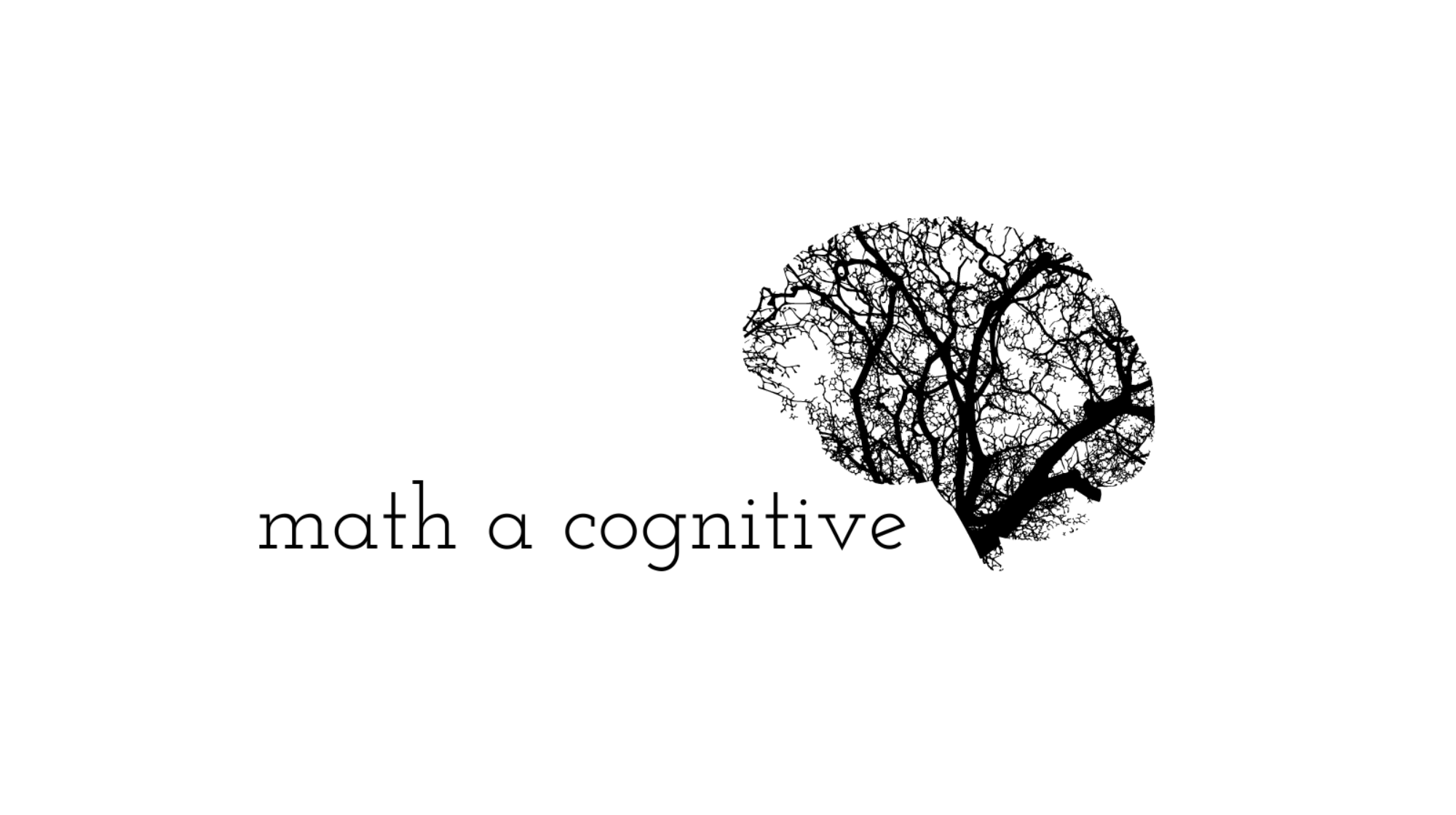This is hard. I hope you’re ok. Please take care of yourself.
Friends, that’s all I’ve wanted to write. For months.
Whether your ‘this’ is figuring out how to connect with students through a screen, or going into a classroom and worrying about exposure, or juggling your own kids’ remote schooling with work, or just (as if this were a thing we could minimize to “just”) living through this past year, it’s been hard.
I hope you’re ok. I hope you’re doing what you can to take care of yourself through your ‘this’.
Taking care of ourselves looks different for each of us, and for each season. Sometimes it looks like finding the things we can control and doing what we can about them, and sometimes it looks like focusing on the positives (and remembering they are always there, despite the reality of the hard stuff)
Sometimes it looks like thinking deeply, and setting intentional priorities, and being gentle with ourselves and others.
I love teaching. I love talking about teaching with other teachers. I love thinking through the teaching and learning process, and the way writing helps me do that.
But for me, this is not the season to churn out a stream of tips and resources and new ideas complete with graphics and links and social media posts.
It’s a season to focus on taking care of myself and my people, to be gentle and real and thoughtful.
And in truth, it might be the best teaching tip or idea I can offer right now.
Please take care of yourself.
Please be real and gentle and practice care. Please pick your priorities and set some things down when it’s not their season. And when we’re ready and re-charged, we can again pick up the things that matter.
For me, this means I’m taking a break from writing/publishing here, until things shift and space opens up to do it with care and attention and gentleness again.
I’m looking forward to that time. Until then, take care.
PS – I’m not going completely off the grid. While I’m not writing here, I’ll be channeling my writing energy into my monthly newsletter
And connecting with other teachers in presentations at a bunch of great conferences:
- Texas Association for Literacy and Adult Education Conference (Feb. 10 – 13th, Virtual)
- 2021 COABE National Conference (March 22-24)
